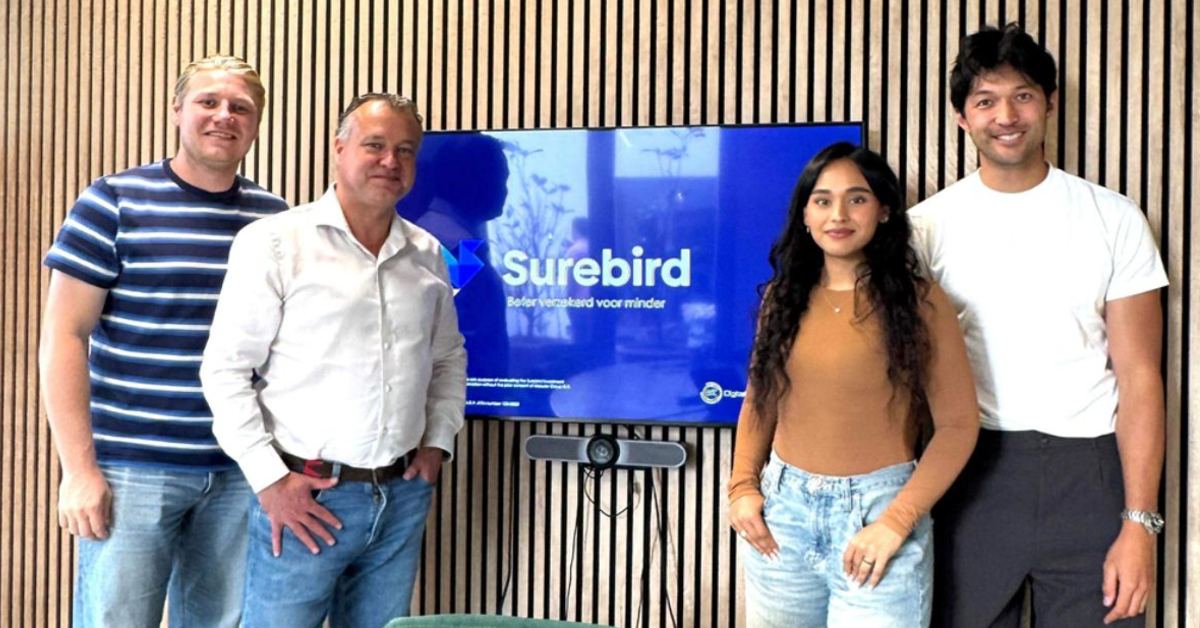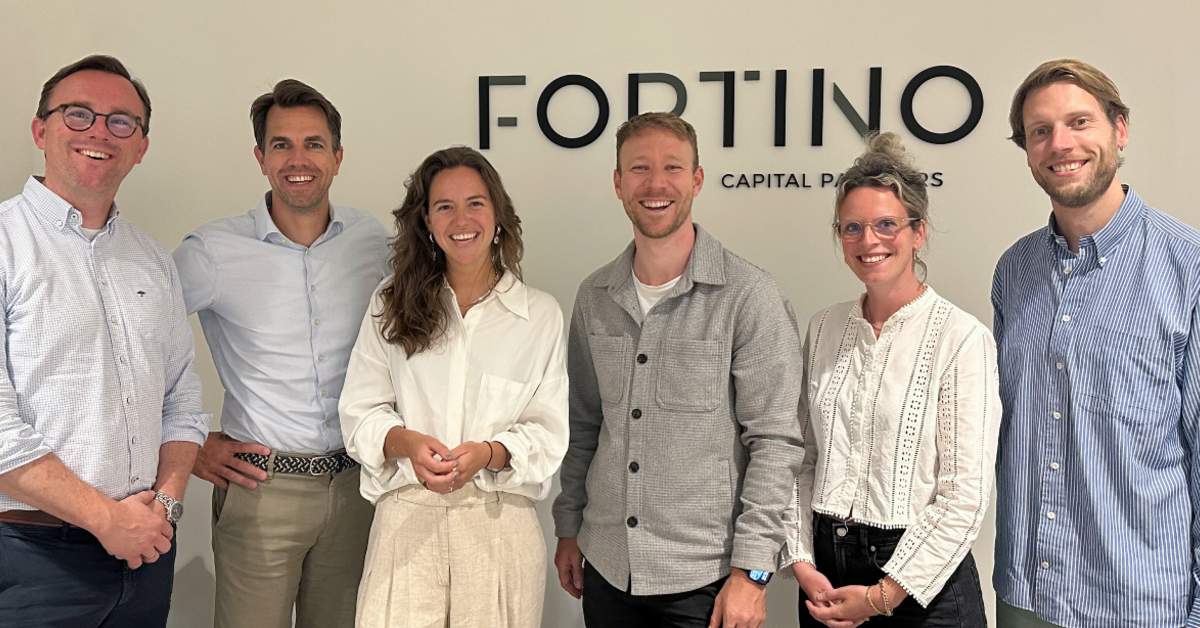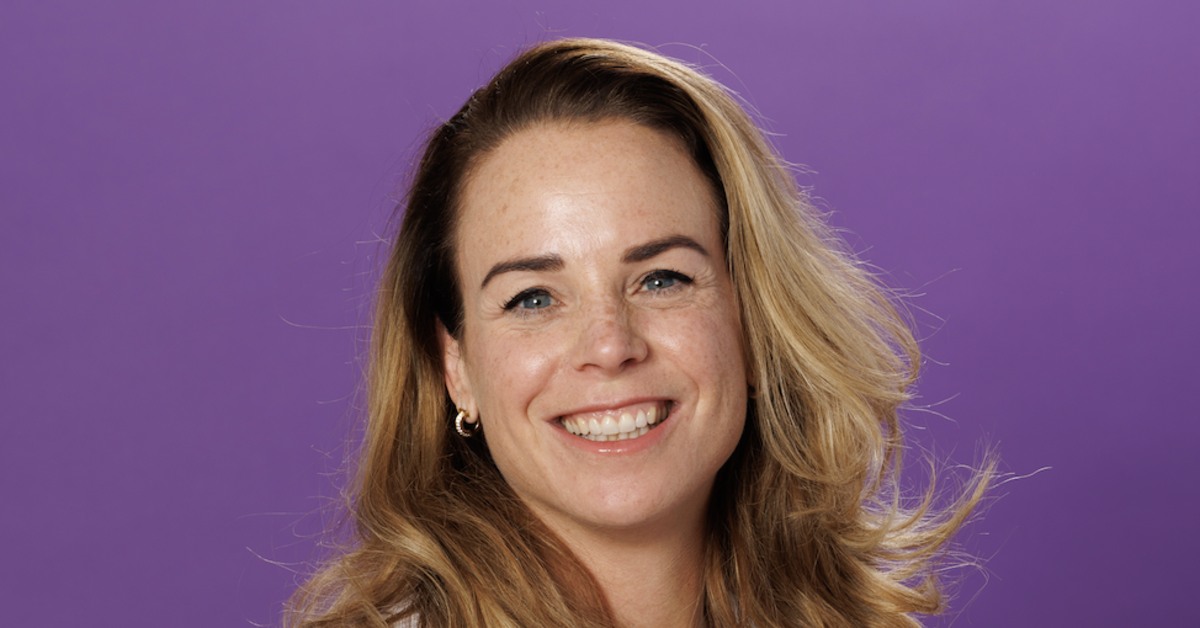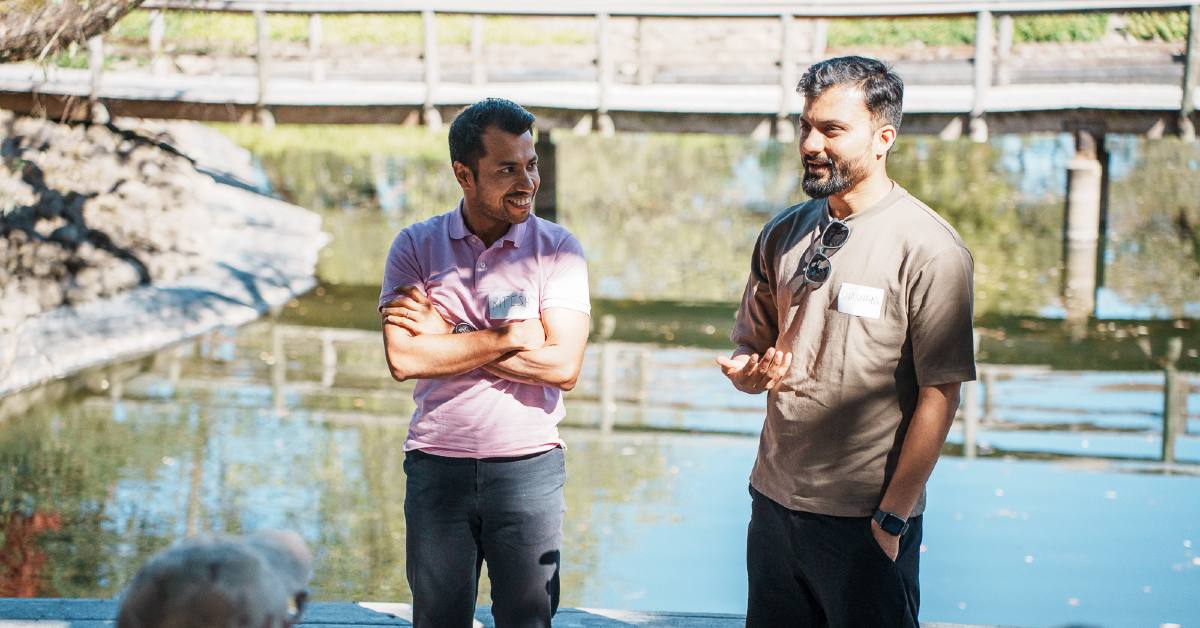Emerging economies, home to over 85 per cent of the world’s population, face unique challenges due to inflation and currency devaluation.
For many individuals, accessing reliable financial tools to protect their wealth and secure their future has been an uphill battle.
As these economies grapple with instability, the demand for stable, dependable currencies like the U.S. dollar has never been higher.
Meet Qash, a Dutch financial inclusion startup
Enter Qash, an Amsterdam-based startup that aims to transform financial inclusion for people in such markets.
Founded by Boris Spiwak and Gerson Lynch, the financial inclusion startup offers offshore savings and investment products for individuals in unstable economies.
As the Dutch startup emerged out of stealth, we at Silicon Canals had the opportunity to interview Boris Spiwak, co-founder of Qash.
In this edition of our “New Kid on the Block,” Boris discussed the inspiration behind founding this company, their challenges, strategies to educate the audience about blockchain technology, and more.
Experienced economic instability
The two founders were inspired to build Qash by their own lived experiences.
Boris (co-founder and CEO) was born and raised in Venezuela where he witnessed some of the worst hyperinflation in history. Gerson (co-founder and CTO) is from Suriname, where he too endured the macro-political instability.
The founders met during Antler’s Entrepreneur-in-Residence program in Amsterdam, which ran from May to July 2024. And the duo decided to solve the pain points they’ve experienced first-hand.
“Millions of people across Latin America struggle to hedge against inflation and currency devaluation. We knew that in much of the region, demand for US dollars outstrips supply, and USD financial services are inaccessible to most people. We realised new technologies, like banking-as-a-service and blockchain, made it possible to democratise offshore and USD banking in emerging markets,” says Boris.
Antler provided initial investment to support Boris and Gerson as they founded the business.
“There was a strong founder-market fit, with Boris and Gerson having personal experience of the problem they were trying to address. They were obsessed with solving this issue and having a positive impact on people in developing economies. They both have strong personal networks in South America and very credible backgrounds as engineers and business leaders,” says RJ Schuurs, Partner at Antler.
Besides investments, Antler worked with Qash to refine their GTM (Go-To-Market) and product roadmap.
“We recommended they start with a stablecoin offering, enabling them to go to market immediately while simultaneously working on securing a US banking partner and growing their user base,” adds RJ Schuurs.
The company aims to bridge the gap between the instability of local currencies and the strength of the U.S. dollar — a tool that, until now, has been mostly out of reach for everyday people in volatile economies.
Challenges
According to Boris, the biggest challenge has been to find a banking-as-a-service partner in the United States.
“For this reason, we decided to pivot to blockchain technology to offer digital-dollar accounts. This has allowed us to launch our product more quickly, generate revenue, and prove our go-to-market model,” says Boris.
“Nevertheless, we aim to introduce a U.S. dollar account at a U.S. bank with full FDIC insurance. To that end, we are finalising our due diligence process with a U.S. BaaS partner. We expect to introduce this product in Q3 2025,” he explains.
Launching in Colombia
The company’s first product, launching in Colombia, is built on blockchain technology and features a Qash-branded Visa credit card in partnership with Rain, a global issuer with the Visa network.
“We chose Colombia due to macro-political factors and founder expertise. The country is currently led by a far left-wing government that has intimidated savers and private businesses, leading to record capital outflows and currency devaluation. A simmering political crisis has led many people to look for a ‘Plan B’ in the form of savings and investment opportunities abroad,” details Boris.
The company’s Visa credit card will enable users to save, spend, and invest in digital dollars using stablecoins and will be the first card of its kind in the region.
Currently, Qash employs four people and is actively hiring marketing and customer support roles in Colombia.
Gaining trust and educating users
The Dutch company has partnered with the biggest hotel company in Colombia – Dann and Spiwak Hotels – with 14 properties across 9 cities.
The company will run a series of in-person and virtual events focused on financial education to educate the target audience about blockchain technology and digital coins.
The first is scheduled for Saturday, November 23rd, at Hotel Spiwak in Cali, with Dr. Leopoldo Fergusson, an economist from the Universidad de los Andes.
“In terms of the product, we’ve partnered with best-in-class companies, like Visa (blockchain credit cards), Persona (KYC, identity verification, and transaction monitoring), and Portal (blockchain wallets-as-a-service), to build our mobile app. The nature of self-custodial wallets means we do not have access to our users’ keys, wallets, or funds,” says Boris.
Qash’s business model
The Dutch startup charges an FX fee (foreign exchange fee) equal to between 1 per cent and 2 per cent of every transaction (onramping, offramping, credit card usage, etc.).
“Next year we will introduce premium account features – including the ability to invest in tokenised treasuries, ETFs, and other securities, and the ability to receive remittances from the United States – and will charge a monthly Premium Account maintenance fee to unlock these features,” he adds.
Meeting regulatory requirements
Qash has been registered as a Money Services Business with FinCEN in the United States and has built a rigorous compliance function to ensure AML, BSA, and other regulatory requirements.
“We’ve partnered with Persona (KYC, identity verification, and transaction monitoring) and Portal (blockchain wallets-as-a-service), to build our mobile app. The nature of self-custodial wallets means we do not have access to our users’ keys, wallets, or funds,” concludes Boris.










01
From telecom veteran to Dutch Startup Visa success: The Jignesh Dave story